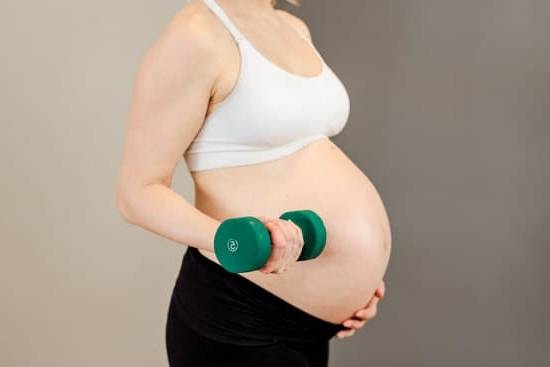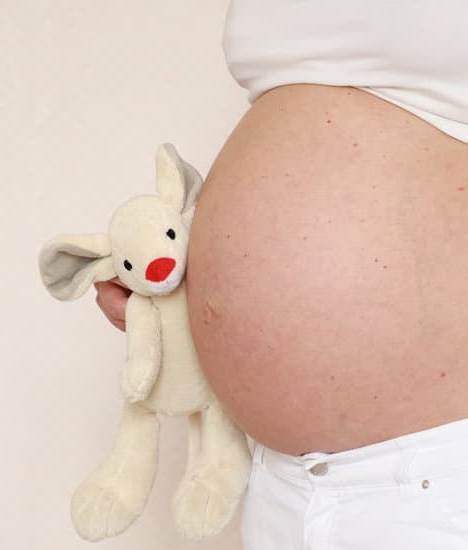How Long After Conception Is A Pregnancy Test Positive
A pregnancy test measures the concentration of the hormone human chorionic gonadotropin (hCG) in a woman’s urine or blood. hCG is produced by the placenta shortly after the embryo attaches to the uterine lining. The level of hCG starts to increase rapidly at about six to eight days after conception and doubles every two to three days. Most pregnancy tests are designed to detect levels of hCG of at least 25 mIU/ml.
A pregnancy test can be positive as early as eight days after conception, but the level of hCG may not be high enough to be detected by a home test. A blood test can detect a pregnancy as early as four days after conception.
When Do Pregnancy Tests Work
A pregnancy test is a medical test that can determine whether a woman is pregnant. The test detects the presence of a hormone called human chorionic gonadotropin (hCG) in the woman’s urine or blood. hCG is produced by the placenta shortly after the embryo attaches to the uterine wall.
Most pregnancy tests are designed to detect hCG levels of at least 25 mIU/mL. Some tests are designed to detect levels as low as 5 mIU/mL. Pregnancy tests that are designed to detect hCG levels of 25 mIU/mL or greater are considered to be accurate 99% of the time.
The most accurate way to use a pregnancy test is to use it on the first day of the woman’s missed period. However, many pregnancy tests can be used up to four days before the woman’s missed period.
If a woman takes a home pregnancy test and the test result is positive, she should see her health care provider for confirmation. Home pregnancy tests are not 100% accurate.
Can There Be A False Positive On A Pregnancy Test
There are a few things to consider when asking this question. The first is whether the test is a home pregnancy test (HPT) or a laboratory-based pregnancy test. Laboratory-based tests are more accurate than HPTs, but they are also more expensive.
The second thing to consider is the time at which the test is taken. The hCG hormone (pregnancy hormone) doubles every two to three days in early pregnancy, so the earlier the test is taken, the less likely it is to be accurate.
Finally, some medications and medical conditions can produce a false positive pregnancy test result. For example, certain types of cancer can produce hCG levels that are similar to those seen in early pregnancy.
When Can Pregnancy Test Detect
a Baby’s Gender
There are a few ways to find out a baby’s gender before they are born. One way is a prenatal ultrasound, which can determine the baby’s gender at around 16 weeks. Another way is a blood test, which can determine the baby’s gender at around 20 weeks. However, the most common way to find out a baby’s gender is at their birth.
There is no confirmed way to detect a baby’s gender before they are born, but there are a few methods that people believe can be successful. One way is a Chinese gender chart, which is a chart that uses the mother’s age and the month of conception to determine the baby’s gender. Another way is the pendulum method, which is when a person uses a pendulum to determine the baby’s gender. However, both of these methods are not scientifically proven.
The most common way to find out a baby’s gender is at their birth. A baby’s gender can be determined by their external genitalia. If the baby has a penis, they are considered to be a boy. If the baby has a clitoris, they are considered to be a girl. However, there are some babies who are born with ambiguous genitalia, which means that it is not clear if they are a boy or a girl. In these cases, a doctor will need to do additional testing to determine the baby’s gender.
When Can I Take An Early Pregnancy Test
Most home pregnancy tests are designed to detect the presence of the hormone Human Chorionic Gonadotropin (hCG) in your urine. hCG is produced by the cells of the developing placenta and can be detected in your urine from about six days after fertilization. However, the level of hCG in your urine may not be high enough to be detected by a home pregnancy test until about 12 days after fertilization.
If you are trying to conceive, you may want to take a home pregnancy test a few days after you miss your period. If you do not want to wait until you miss your period, you can take a home pregnancy test earlier, but the results may not be as accurate. If you take a home pregnancy test too early, you may get a false negative result if you are not pregnant. This means that the test says you are not pregnant when you are actually pregnant. A false negative result can also occur if the test is taken too late in your pregnancy. This means that the test says you are pregnant when you are not actually pregnant.
If you think you may be pregnant and you want to take a home pregnancy test, consult the instructions that came with the test for the earliest time you can test.

Welcome to my fertility blog. This is a space where I will be sharing my experiences as I navigate through the world of fertility treatments, as well as provide information and resources about fertility and pregnancy.





